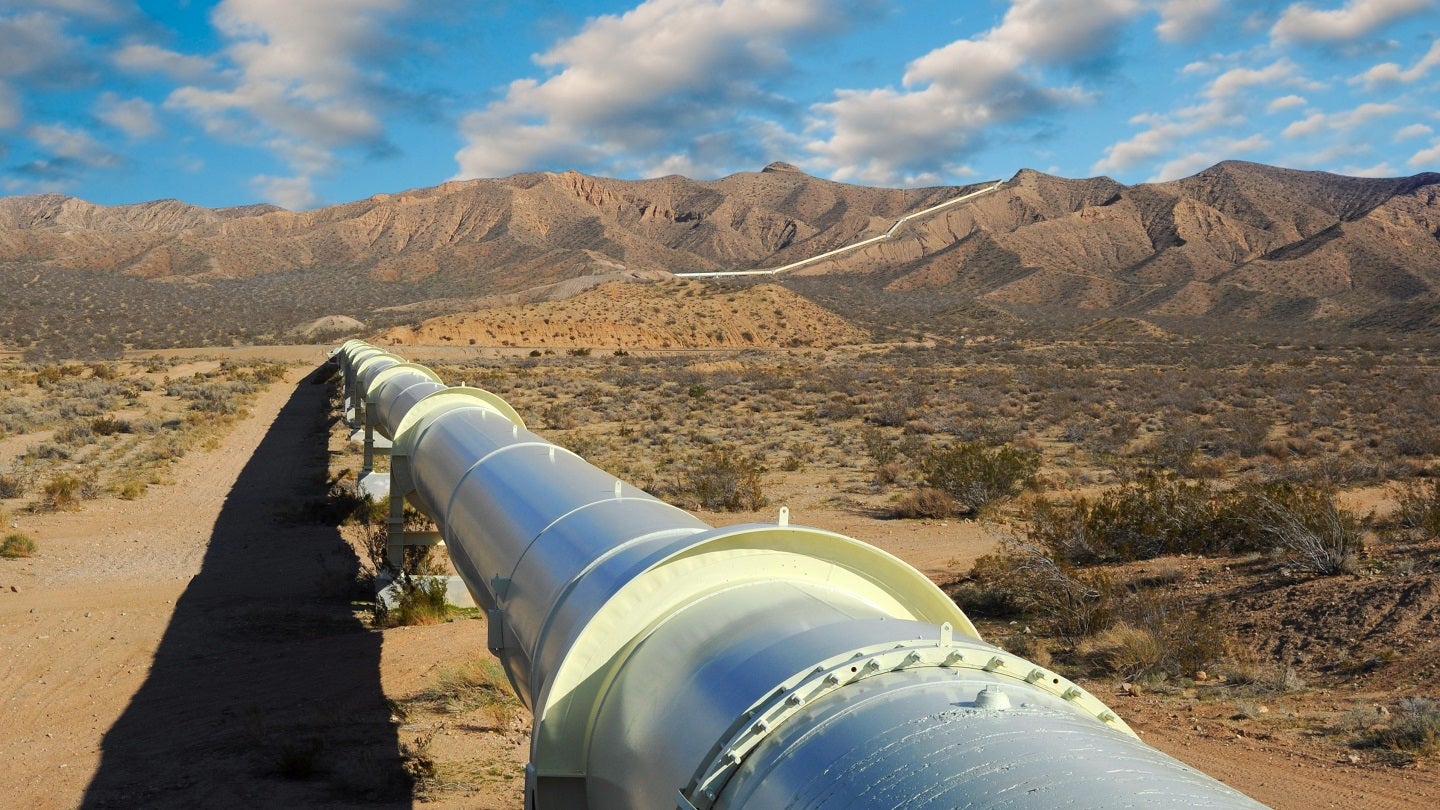
Iraqi Prime Minister Mohammed Shia Al-Sudani has said that disagreements over payments with producers are further delaying the reopening of a key pipeline, reported Bloomberg.
The closure of the northern-Iraq-to-Turkey pipeline has resulted in a monthly revenue loss of almost $1bn (ID1.31trn) for the Kurdistan Regional Government (KRG) and companies in the region.

Discover B2B Marketing That Performs
Combine business intelligence and editorial excellence to reach engaged professionals across 36 leading media platforms.
It has also kept about half a million barrels of crude oil per day from entering the global market.
During an interview at the World Economic Forum in Davos, Al-Sudani said that the oil companies “have an issue with the cost of producing barrels”.
The Association of the Petroleum Industry of Kurdistan, representing the companies, did not respond to requests for comment, reported the media outlet.
Turkey shut down the pipeline in March 2023 following an order from an arbitration court asking it to pay $1.5bn to Iraq in compensation for transporting oil without Baghdad’s approval.

US Tariffs are shifting - will you react or anticipate?
Don’t let policy changes catch you off guard. Stay proactive with real-time data and expert analysis.
By GlobalDataHowever, Ankara claimed the closure was due to undertaking of necessary repair works after two massive earthquakes in February 2023.
In October last year, Turkey announced that the pipeline was ready for operations, and left the decision to Iraq to resume flows.
Despite the slow progress in resolving the shutdown, the reduced supply has inadvertently helped Iraq adhere more closely to its OPEC+ production limits.
However, to meet its new target for January this year, Iraq will need to cut output by approximately 300,000 barrels per day.
Baghdad has requested Kurdistan to reduce its output to help Iraq comply with its OPEC+ limits, as reported by Argus.
Oil companies in Kurdistan expressed their readiness in December last year to discuss resuming supplies through the pipeline.
These companies have production contracts with the KRG; however, Baghdad does not recognise them because it states that the KRG lacks the rights to the oil.
Last month, Al-Sudani mentioned that the federal government was considering a budget amendment to enable Baghdad to pay international oil companies operating in Kurdistan.





